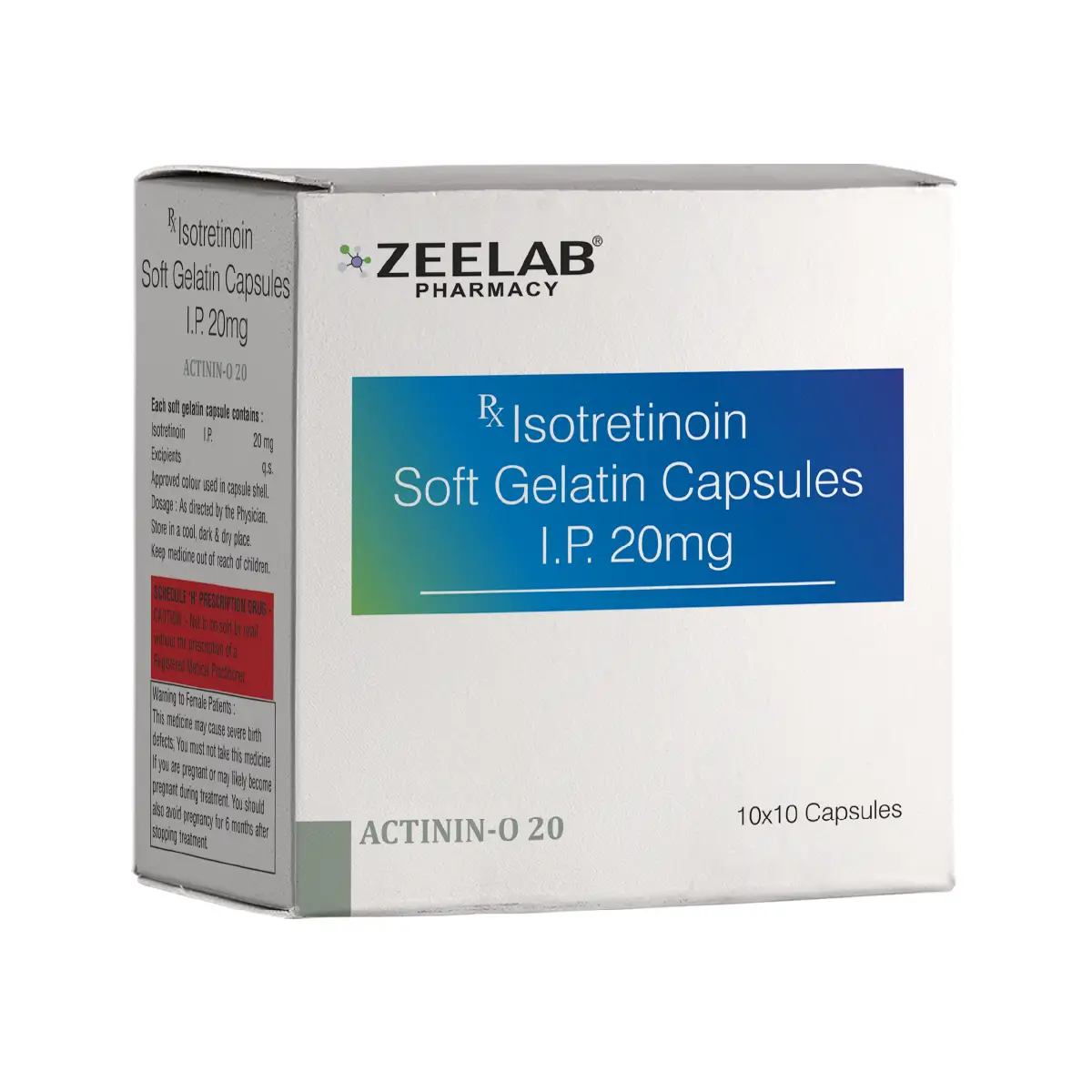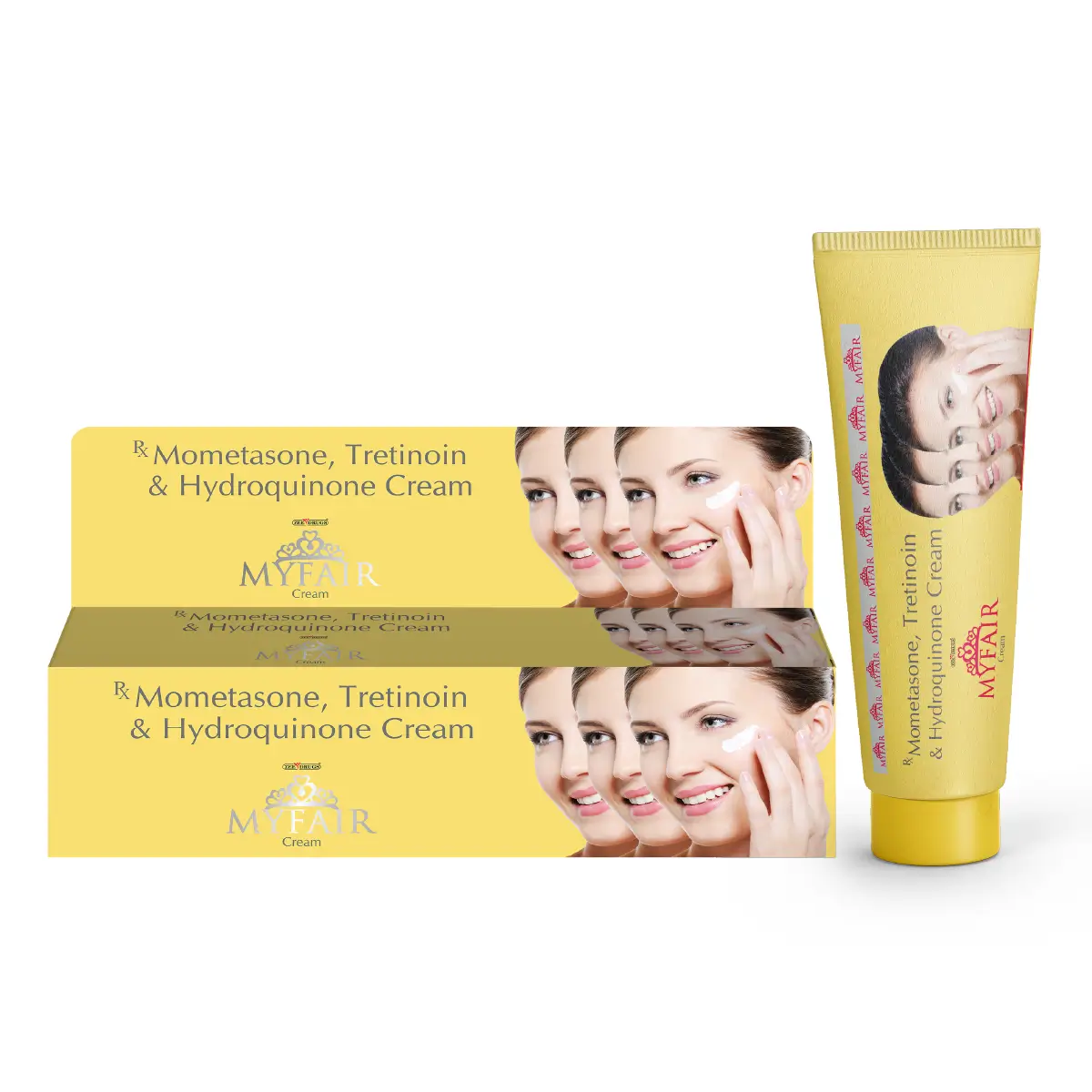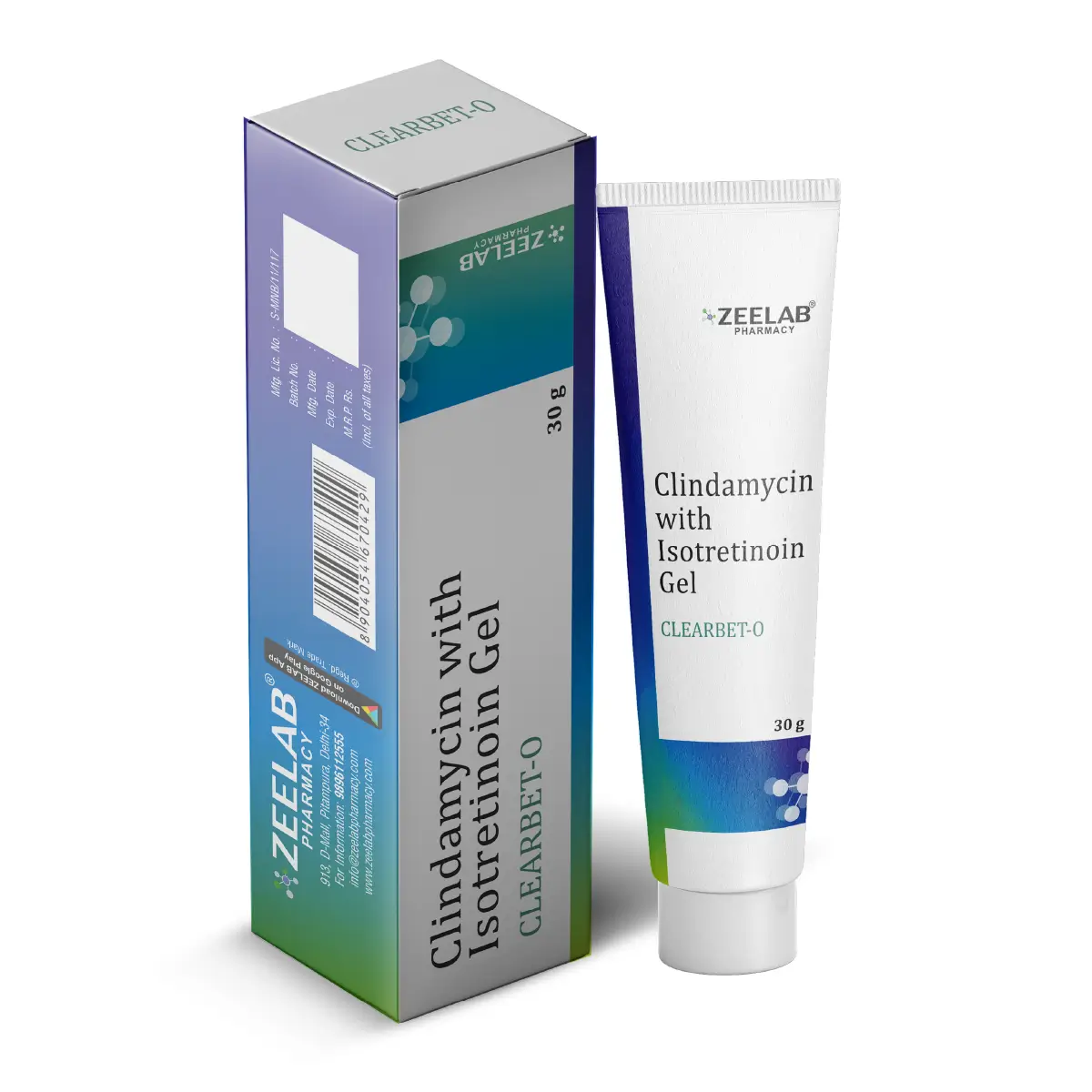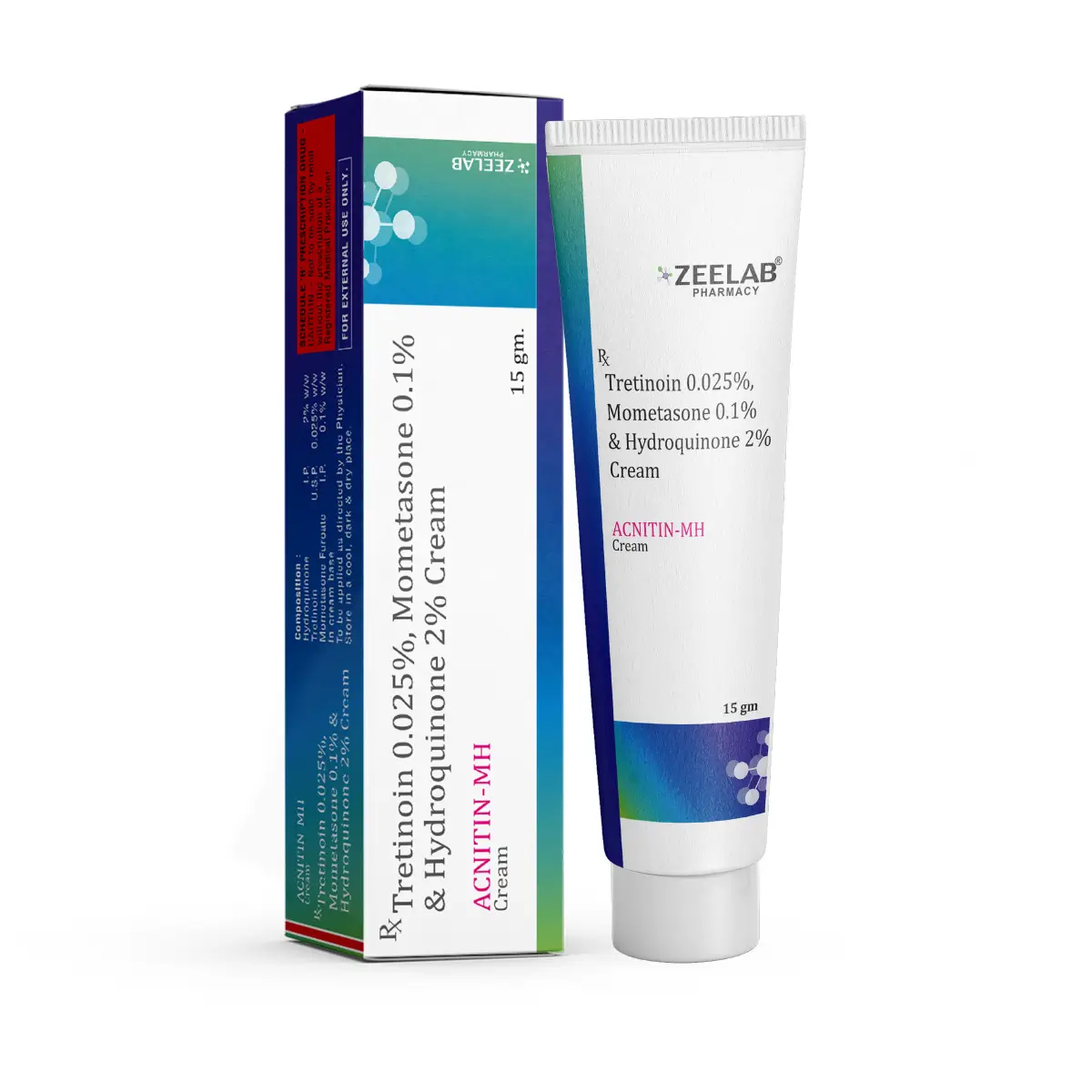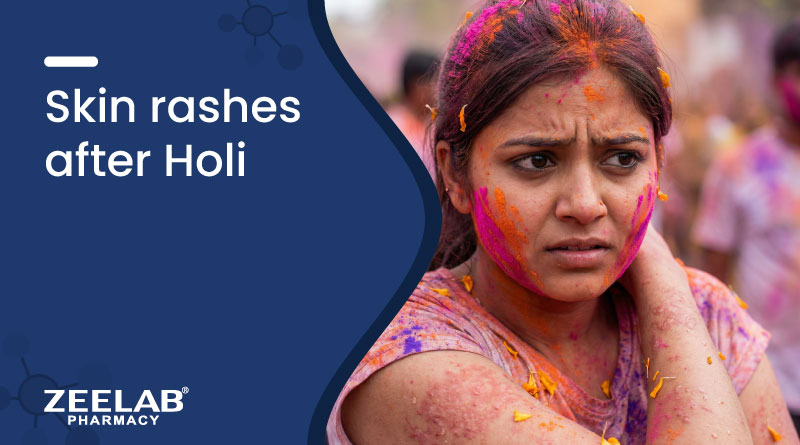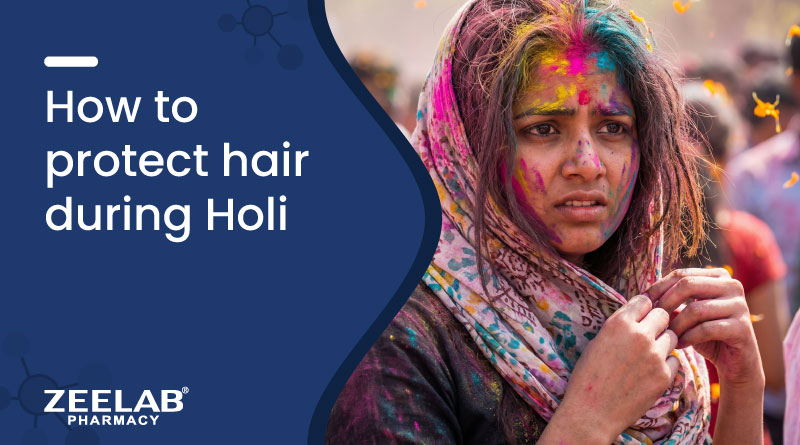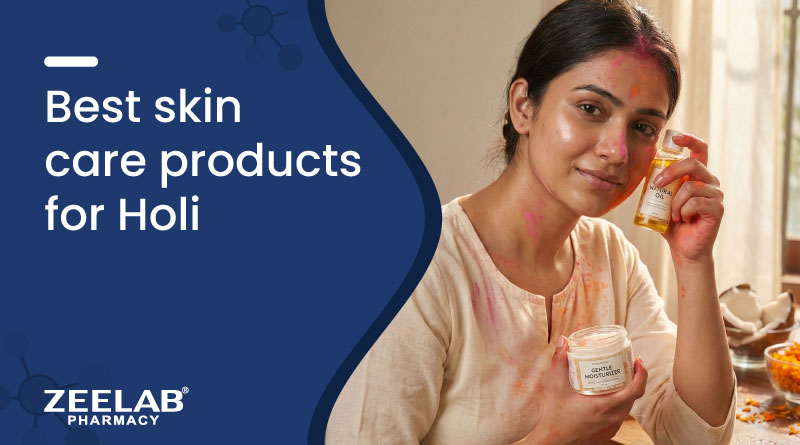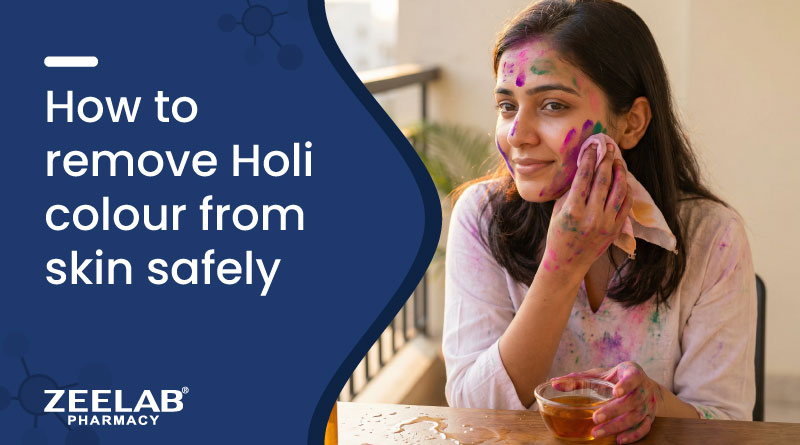Tretinoin for Acne – Benefits, Uses, Side Effects & How It Works
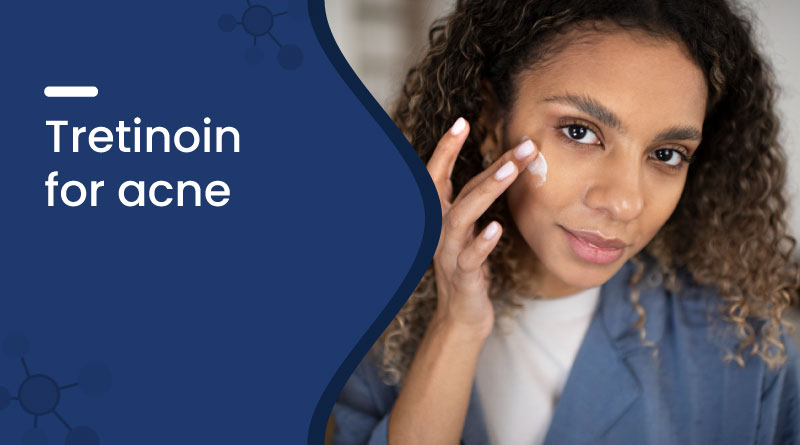

Acne is a common skin concern affecting people of all ages, often causing discomfort and lowering self-confidence. While there are many treatments available, tretinoin has become a widely recommended solution due to its effectiveness in treating acne and improving overall skin texture. In this blog, we explore what tretinoin is, how it works, its benefits, and much more.
What is Tretinoin?
Tretinoin, a vitamin A derivative and topical retinoid, is widely prescribed to treat acne, smooth fine lines, and enhance overall skin texture. It works by speeding up cell turnover, helping to prevent clogged pores and promoting healthier, smoother skin.
How Does Tretinoin Work for Acne?
Tretinoin targets the root causes of acne:
- Unclogs pores: Prevents dead skin cells and excess oil from blocking hair follicles.
- Reduces inflammation: Helps calm redness and swelling associated with pimples.
- Promotes skin renewal: Stimulates new skin growth for a fresher, clearer complexion.
Best Tretinoin Product for Acne
| Product | Key Features |
|---|---|
| Acnitin MH Cream | Formulated with tretinoin and mometasone, it clears acne, reduces inflammation, and promotes healthier skin. |
| Actinin O 20 Capsule | Contains isotretinoin for severe acne, reduces sebum, soothes inflamed skin, and supports a healthier complexion. |
Benefits of Using Tretinoin for Acne
- Reduces active acne lesions and prevents new breakouts.
- Fades dark spots and post-acne hyperpigmentation.
- Improves skin texture and tone, giving a smoother, more radiant appearance.
- Helps minimize fine lines and early signs of aging (an additional skin benefit).
Safe Ways to Use Tretinoin
To maximize results and reduce irritation:
- Start slowly: Apply a pea-sized amount 2–3 times a week initially.
- Apply at night: Sun exposure can reduce effectiveness and increase irritation.
- Use a gentle cleanser: Avoid harsh scrubs that can worsen dryness.
- Moisturize: Helps reduce peeling and irritation.
- Sun protection: Using the right sunscreen regularly is essential as tretinoin increases sun sensitivity. See this guide.
Possible Side Effects
Some mild side effects may occur, especially during the first few weeks:
- Redness and irritation
- Peeling or dryness
- Increased sun sensitivity
Most side effects are temporary and can be managed with moisturizers and by adjusting usage frequency.
Who Should Use Tretinoin?
- Individuals with moderate to severe acne.
- People dealing with acne scars and rough skin texture.
Caution: Pregnant or breastfeeding individuals should avoid tretinoin unless prescribed by a doctor.
Tretinoin vs Other Acne Treatments
Tretinoin, a prescription-only retinoid, works faster to fight acne, clear clogged pores, and enhance skin texture. Retinol, on the other hand, is milder, available over the counter, and better suited for mild acne or preventive skin care. Though tretinoin may initially cause dryness or irritation, it provides more visible improvements over time. Retinol is gentler, but its effects take longer to appear.
In summary, when comparing tretinoin vs retinol, tretinoin is best for moderate to severe acne or stubborn skin issues, whereas retinol suits preventive care and mild acne management. For more details, see tretinoin vs retinol.
Tips for Maximizing Results with Tretinoin
- Be patient: Visible results usually appear after 6–12 weeks.
- Avoid harsh skincare products that can aggravate irritation.
- Maintain a daily routine of cleansing, moisturizing, and protecting the skin from the sun.
- Pair treatment with a healthy lifestyle, including a balanced diet and proper hydration.
Conclusion
Tretinoin is a powerful, clinically proven solution for acne that not only treats active breakouts but also improves skin texture and tone over time. By using it safely and consistently, many individuals can achieve clearer, healthier skin. Always consult a dermatologist before starting tretinoin to ensure it’s the right fit for your skin type and condition.
Frequently Asked Questions (FAQs)
Q. Can tretinoin remove acne scars permanently?
A. Tretinoin helps fade post-acne marks and improve skin texture, but deep scars may require additional treatments. It promotes collagen production and skin renewal, reducing scars’ appearance with long-term, consistent use.
Q. How does tretinoin help with acne?
A. Tretinoin speeds up skin cell turnover, unclogs pores, reduces inflammation, and prevents new breakouts. It also improves skin texture, making it an effective long-term treatment for acne-prone skin.
Q. Is tretinoin safe for all acne types?
A. Tretinoin works well for whiteheads, blackheads, and mild to moderate acne. For severe cystic acne, dermatologists may recommend combining tretinoin with other medical treatments for better results.
Q. Can women use tretinoin during pregnancy?
A. No, tretinoin should not be used during pregnancy. Topical retinoids may pose risks to the baby’s development. A dermatologist can guide safe acne alternatives during pregnancy.
Q. Is tretinoin safe for breastfeeding women?
A. Tretinoin use during breastfeeding is generally not recommended, as safety data is limited. Small amounts may transfer through skin contact. For safety, consult a doctor before treating acne while breastfeeding.
Hydroquinone (2% w/w) + Mometasone (0.1% w/w) + Tretinoin (0.025% w/w)
20gm in 1 tube
Clindamycin (1% w/w) + Isotretinoin (0.05% w/w) Gel
30 gm in 1 tube
Hydroquinone (2% w/w) + Mometasone (0.1% w/w) + Tretinoin (0.025% w/w)
15 gm In 1 tube
Recent Blogs
Disclaimer : Zeelab Pharmacy provides health information for knowledge only. Do not self-medicate. Always consult a qualified doctor before starting, stopping, or changing any medicine or treatment.
Related Products
Need Medicines Quick?
Share location to check quick delivery serviceability.
Change Location
Location Access Needed
Your location appears to be blocked or disabled.
Please enable the location from your browser or
device settings.

₹ 0
0
Items added
Quick Links
Categories
Our Policies
2026 Copyright By © Zeelab Pharmacy Private Limited. All Rights Reserved
Our Payment Partners

 Added!
Added!
|
|

